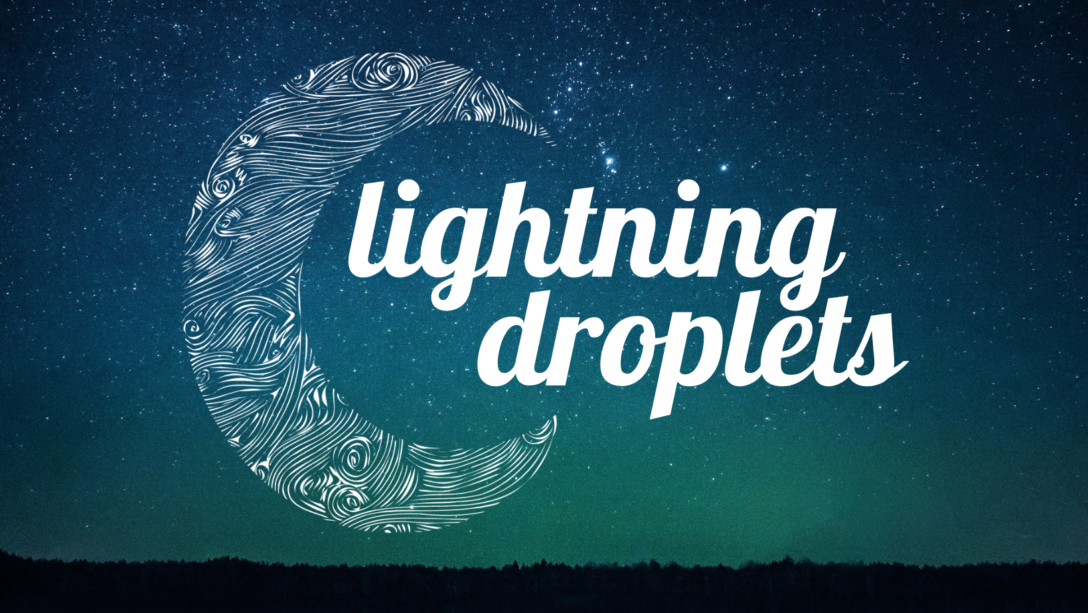Patricia Hampl’s I Could Tell You Stories: A Sojourn into Memory is a thoughtful, compelling book. Twice as I was reading it, I felt an overwhelming urge to put down the book and write. Both times the writing and feelings were so moving that I was brought to tears. It is a gathering of thoughts and questions on memory and memoir.
I will admit, I am skeptical of memory and wary of memoir. To me, memories are so malleable, so constructed (See Radio Lab’s episode on Memory and Forgetting.) that I’ve never felt that I could trust them as a source of truth in writing. And as much as I’ve been wanting to write more nonfiction, I cringe at the idea of writing memoir. Isn’t it just navel-gazing? Aren’t there some truths that are better portrayed through fiction?
Hampl’s Stories addresses both these points directly. In fact, these are the themes that the essays in the book pivot around. The book opens with an iteration of one of her childhood memories, which Hampl then examines for accuracy. In doing so, she points out the several lies in her story and allows herself to explore why her memory would make such deceptions. This sets the tone for her essays, which do not claim a factual, historical truth but instead dig for something deeper.
She follows this up with ruminations about why people write memoirs and the importance of memory. She presents the possibility for memoir as a political act, a witness to the world in which it takes place. Instead of memoir as a focus on the self within a larger picture, Hampl offers the option to think of memoir as a focus on the larger picture through the lens of the self. She uses the Vietnam War, communist Czechoslovakia, St. Augustine’s Confessions, and Anne Frank’s diary to illuminate the different ways that constructing memories can be political acts. This connection of the personal to the political is one way that memoirs can rise above navel-gazing and become relevant throughout history.
She also addresses one of the biggest problems that memoir writers have: how to fold people you know and love into your stories. In her poignant last essay of the book, she leaves her readers with a question mark. She examines the ways that she has dealt with this issue especially in regards to her mother. In the end, the reader leaves feeling that Hampl is still wrestling with how to understand the tension that exists between her relationships and her writing.
One of the most compelling things about I Could Tell You Stories is Hampl’s stunning honesty. One might think that a memoir about memoir (a meta-memoir, even) might be the consummate act of navel-gazing. But Hampl’s honesty keeps the book from veering off into that realm. She points out the lies in her own memories, examines herself under glaring light, and writes openly about her struggles with various topics. It is this honesty that allows her to connect her own stories with the larger world.
*This post is part of a series on the craft of writing called Reading for Writers. This series examines a variety of authors to ascertain the choices they’ve made in their writing and the effects of those choices so that we as writers can make better decisions in our own writing. May contain affiliate links.




Reblogged this on sublime days and commented:
Lightning Droplets is one of the very first blogs I started to follow. The posts here never fail to inform and inspire. I encourage all writers to latch on to this good thing and click “Follow” after you read this post. What you’ll find with Lightning Droplets is good writing about writing. Enjoy.
Really good post. I’ll read the book. Thanks.
I’ve reblogged this post at sublime days.
I think the memoir is something everyone should attempt if only as an incentive to do things worth having a memoir about. Same goes for a diary. Reading back, you can soon tell when your life is getting into a boring rut.
thanks for this. I’m struggling with a memoir, so I’ll look out for this book